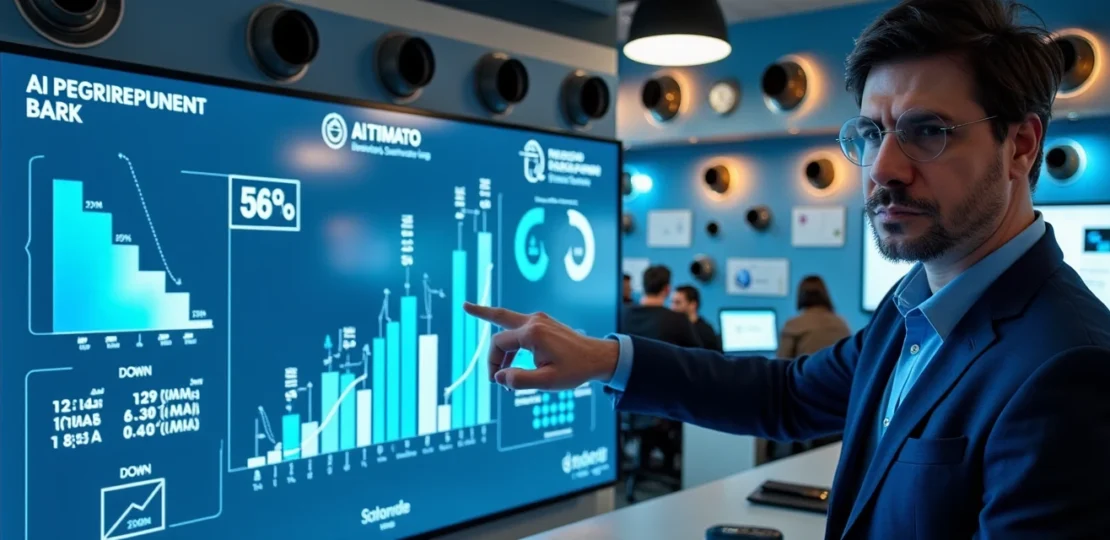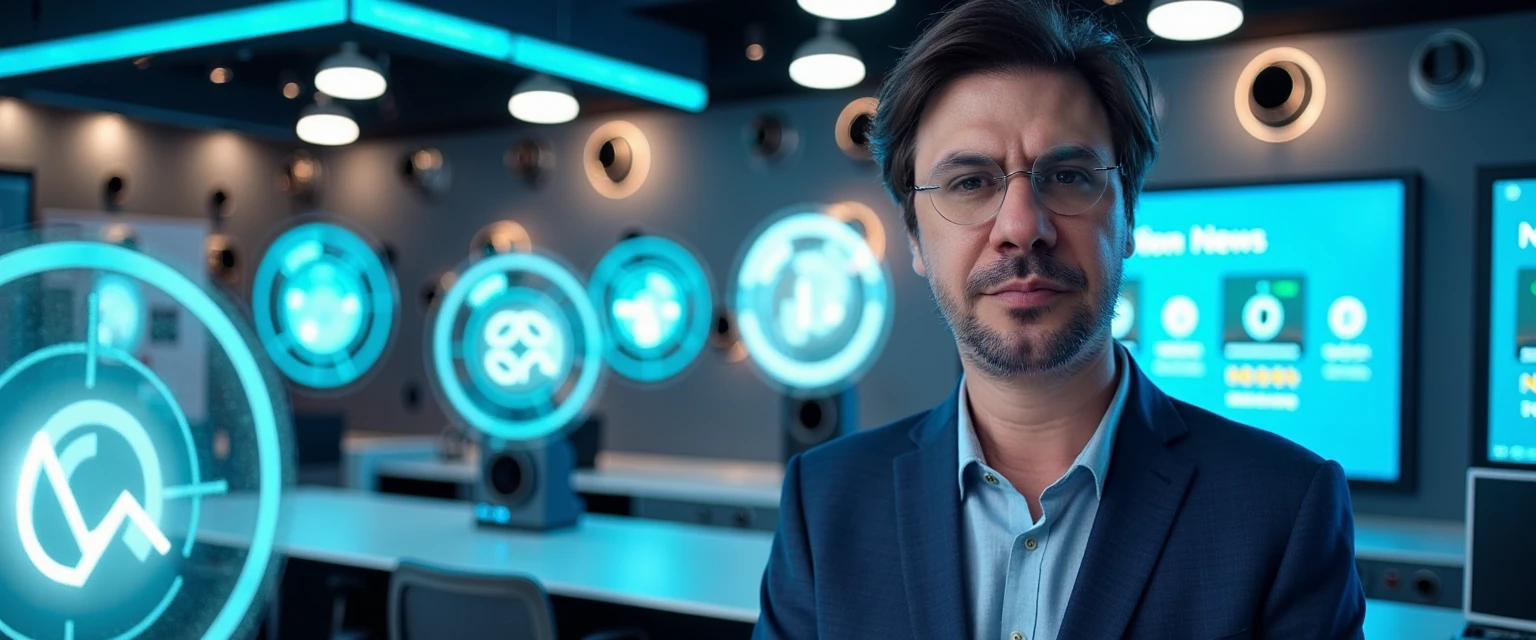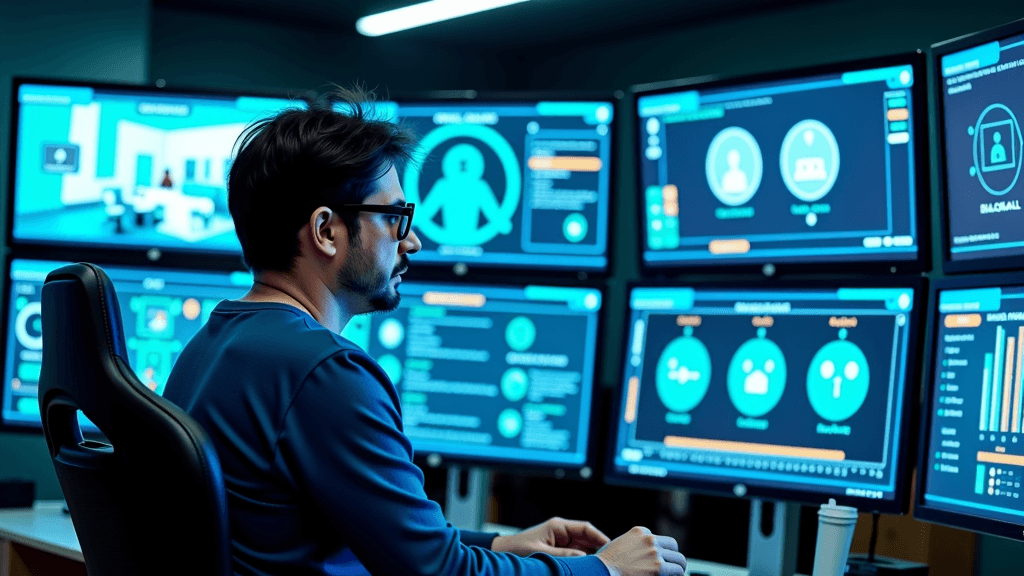The Day OpenAI Admitted: Not Everything Is So Easy in AI
December 23, 2024 | by Matos AI

Today I woke up to a piece of news that made me reflect a lot about the current state of Artificial Intelligence. In the last 24 hours, a series of events have shaken the world of technology, with an important revelation about OpenAI standing out.
The long-awaited GPT-5, codenamed Orion, is in serious trouble. According to the Wall Street Journal, the project is months behind schedule, over budget, and facing fundamental questions about its viability. Each round of training is costing half a billion dollars (!), and the results still don’t justify the investment.
And it doesn't stop there. A recent study in the health area revealed something I’ve been saying for a while: AI isn’t a magic bullet that doesn’t require humans. In fact, many AI systems in healthcare are requiring more people (and costs) than anticipated to function properly.
Join my WhatsApp groups! Daily updates with the most relevant news in the AI world and a vibrant community!
- AI for Business: focused on business and strategy.
- AI Builders: with a more technical and hands-on approach.
Amid this scenario, the United States seems to have woken up to the urgency of the moment. The “Preserving American Dominance in AI Act” has been introduced in Congress, a bipartisan proposal to create a federal agency dedicated to AI oversight, with a focus on national security.
What does all this mean in practice?
In my experience working with startups and innovation for over 15 years, I have seen several technological hype cycles. The current moment in AI reminds me a lot of the internet bubble of the 2000s: big promises, astronomical investments and, now, the first signs that not everything is as simple as it seems.
But it’s not all challenges. OpenAI surprised its Plus users with unlimited access to Sora, its new video maker, during the holidays. And Apple is allowing the Siri uses ChatGPT as a reply engine.
What can we learn from all this?
1. AI is powerful, but it’s not magic. It requires people, processes, and significant investment to make it work well.
2. We are entering a more mature phase of the market, where limitations are beginning to become evident – and this is healthy.
3. Regulation is coming, and this is positive for the ecosystem as a whole.
4. Big companies are looking for ways to monetize and make AI more accessible, even if they don’t always get it right the first time.
In my view, this news does not diminish the transformative potential of AI – on the contrary. It helps us to have more realistic expectations and to build more solid and sustainable solutions.
As I always tell the entrepreneurs I mentor: the secret is not to ride the hype wave, but to deeply understand the real problems and use technology intelligently to solve them.
The future of AI remains bright, but it may require a little more patience—and a lot more collaboration between humans and machines—than we initially imagined.
✨Did you like it? You can sign up to receive 10K Digital's newsletters in your email, curated by me, with the best content about AI and business.
➡️ Join the 10K Community here
RELATED POSTS
View all



